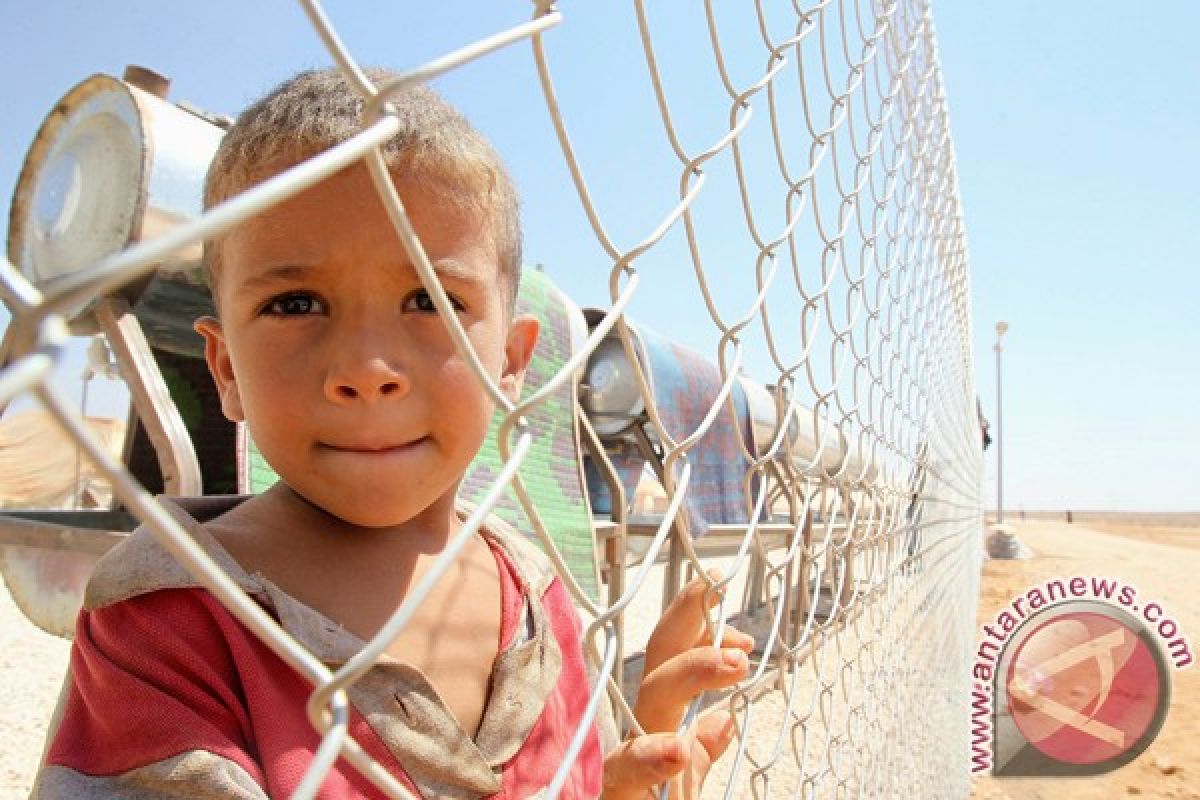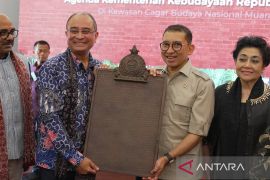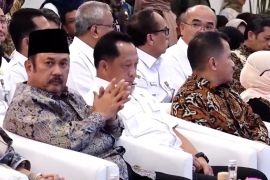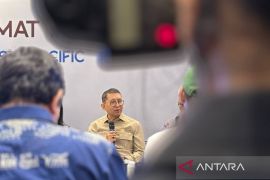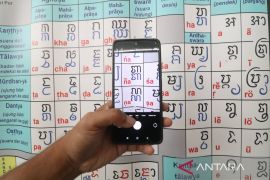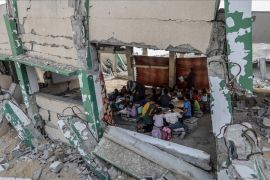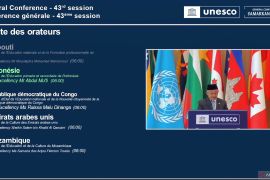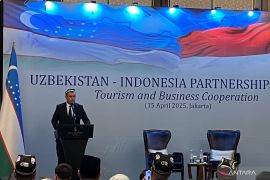For example, today you see a lot of Syrian refugees in Jordan."United Nations (ANTARA News/Xinhua-OANA) - As the global count of children who have access to quality education has increased, an official from the United Nations Educational, Scientific and Cultural Organization (UNESCO) called for more efforts to help children in conflict situations to access basic schooling.
From 2008 to 2011, there was a global increase in the number of children getting primary school education, while the figure for " uneducated" children was down from 67 million to 57 million.
"It`s dropped, but at the same time... uneducated children has increased because we still have many countries in conflict and post-conflict situations," Qian Tang, assistant director-general for education with the UNESCO, said in an interview with Xinhua on the sidelines of the General Debate of the UN General Assembly, which opened here Tuesday.
According to him, children of refugees are always the biggest sufferers in conflict situations.
"In the crisis ridden and recovering regions around the world this is very evident, especially in the dichotomous state of war- torn Syria," he said.
In Syria, undisturbed neighborhoods with functioning facilities sit side by side with dilapidated communities where people are forced to flee to neighboring countries.
"For example, today you see a lot of Syrian refugees in Jordan. Yesterday, we had a meeting on what the international community can do to help, because those refugee children, they are out and living in a camp and they do not have an opportunity to study," said Tang, coming out of a meeting on refugee children.
The two-and-a-half-year upheaval in Syria has created a new group of youths with no education, "a generation who are missing their education and this will be trouble in the future," he said.
The UNESCO has a program to protect education and monitor the process, but more funds are needed for access to increase.
"We do have a program to help members to set up schools and recover from the interruption of the education system," Tang said, but added quickly, "when they provide humanitarian aid to these kinds of situations, a very small percentage goes to education."
"We are trying to help those countries in conflict and also try to help with refugees and their children`s education," he said.
With 827 days before hitting the deadline of the Millennium Development Goals (MDGs), UNESCO is already reviewing the education goals.
"So far, education-related MDGs have so far gone well," said the UNICEF official, adding some countries still cannot reach all the education goals for universal primary education.
"UNESCO`s position is to have a stand-alone goal for education because education is pillar for all development," he said, adding each country should set up its own goals based on its own situation.
In his views, implementing and setting up definitive targets are important part of a country`s growth process, and redefining the steps taken to achieve universal education is a critical move forward because education is a necessary foundation for success.
(U.C003)
Reporter: Stephanie Parker
Editor: Priyambodo RH
Copyright © ANTARA 2013
